Alice Weidel, Member of the German Bundestag and co-chairwoman of the AfD party, delivers a powerful and provocative message about the true nature of extremism in today’s political and social landscape. In her candid speech, she challenges the conventional narrative and exposes what she identifies as real extremists—those who undermine the foundations of democracy, prosperity, and freedom under various guises.
Weidel’s speech is a call to critically reassess who we label as extremists, urging people to look beyond surface-level rhetoric and question the policies and actions that threaten the very fabric of our society. This article breaks down her key points and explores the implications of her argument in depth.
Redefining Extremism: The Open Borders Policy
Weidel begins by tackling one of the most contentious issues in contemporary politics: immigration and border control. She states emphatically, “An extremist is someone who implements and maintains a destructive policy of open borders.” This statement challenges the often-celebrated notion of open borders as a humanitarian or progressive ideal.
According to Weidel, the consequences of such a policy are far from benign. She points to recent reminders from influential figures like US Secretary of State Marco Rubio, who warned about the dangers of unregulated immigration policies. The suggestion here is that open borders can destabilize national security, strain public services, and dilute cultural cohesion, thereby harming the prosperity and stability of a nation.
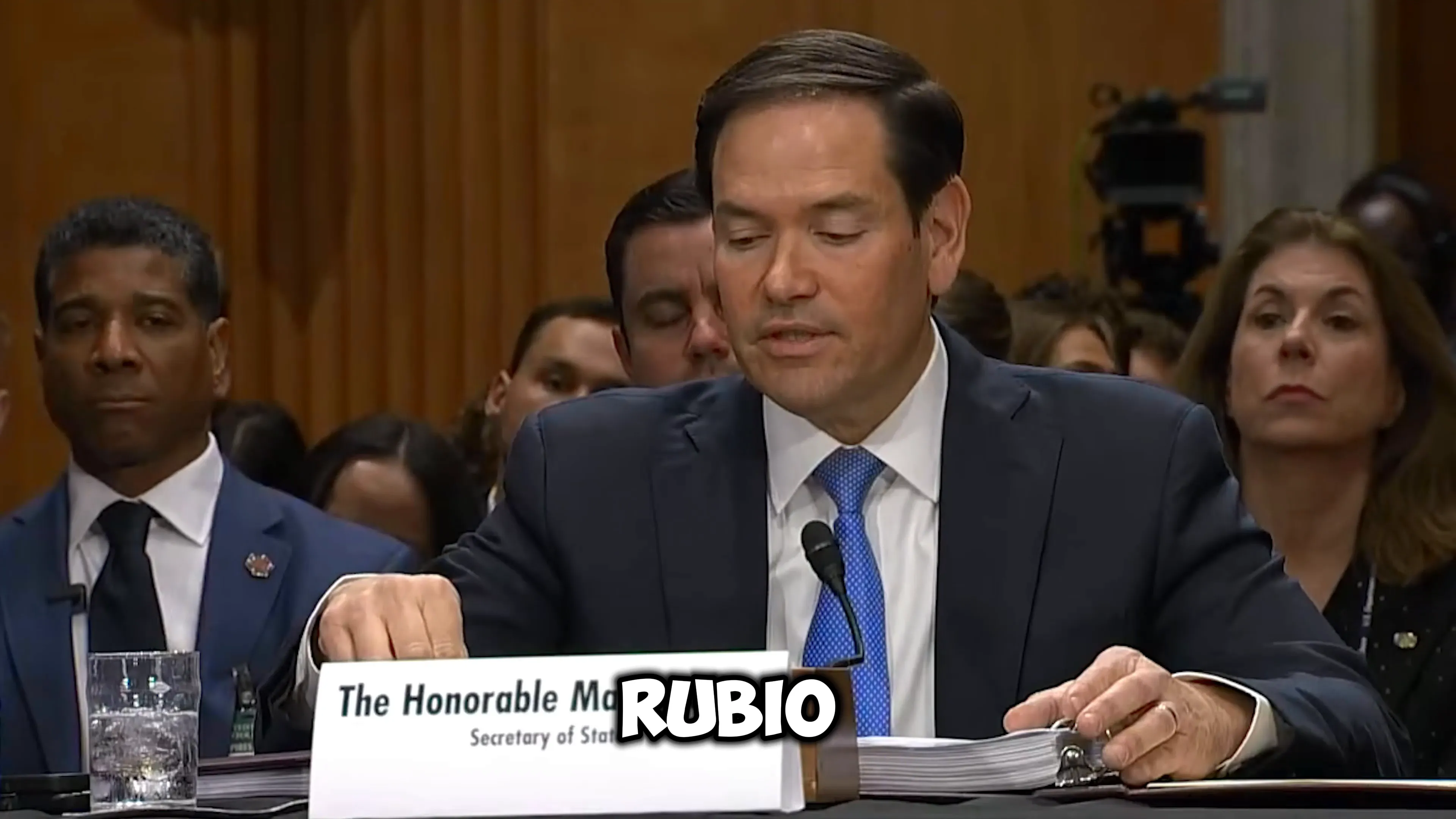
The COVID Measures: Panic, Restrictions, and Discrimination
Next, Weidel addresses the handling of the COVID-19 pandemic, specifically criticizing the measures that were implemented under the pretext of public health. She argues that “An extremist is someone who under the label of COVID measures spreads panic and arbitrarily restricts fundamental rights.” This critique focuses on the erosion of civil liberties during the pandemic, including freedom of movement, assembly, and even speech.
She further condemns the use of public broadcasting to “launch hate campaigns and defame and discriminate against the unvaccinated.” This assertion highlights the polarization and stigmatization that arose during the pandemic, where dissenters or those skeptical of the vaccine were marginalized and vilified. Weidel’s tone here is direct and unapologetic, calling out what she sees as an abuse of power and manipulation of public opinion.
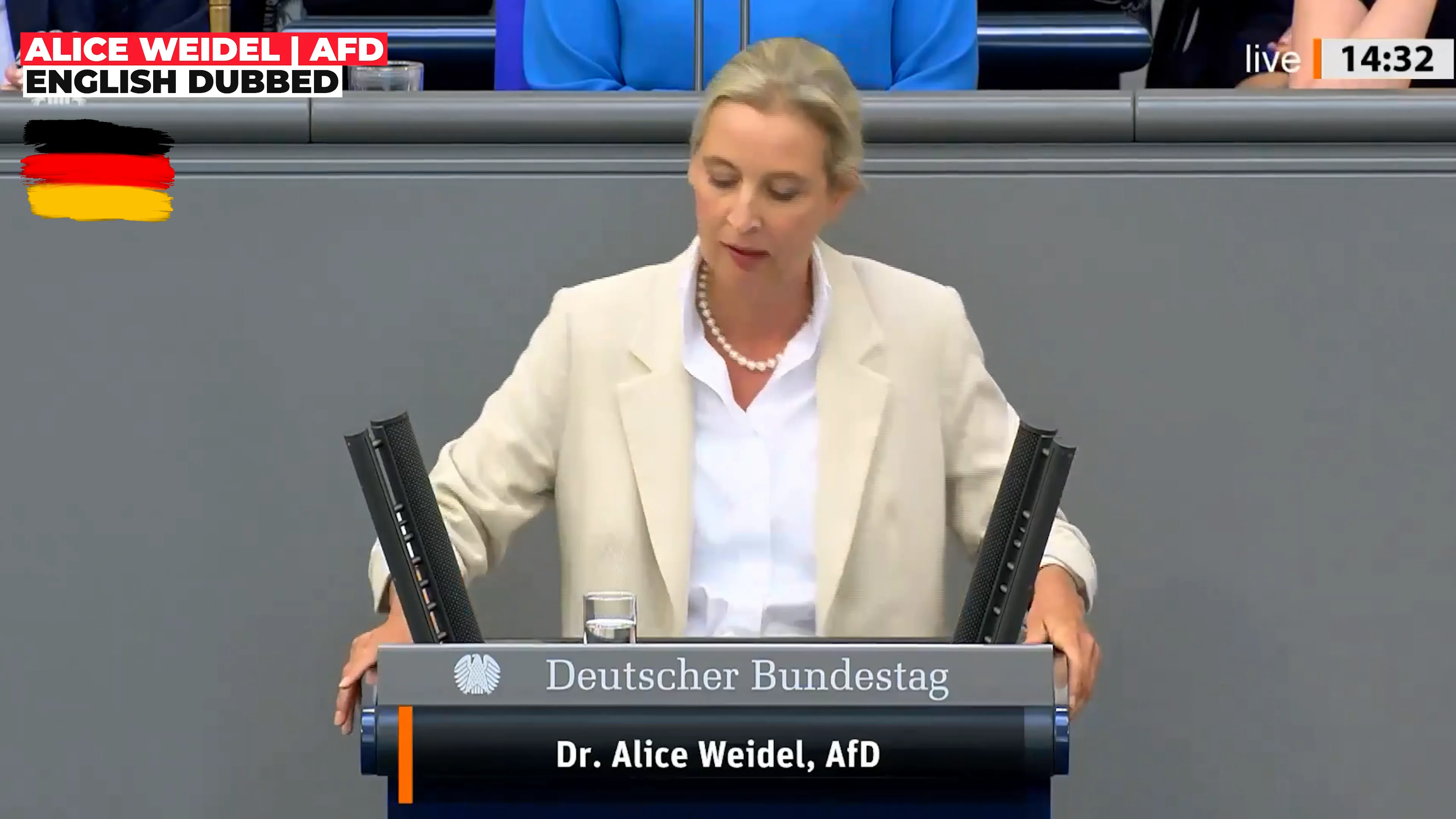
Eco-Socialist Transformation and Economic Destruction
Another major theme in Weidel’s speech is the critique of what she terms “eco-socialist transformation.” She states bluntly, “An extremist is someone who destroys the prosperity of citizens and the nation through eco-socialist transformation.” This phrase encapsulates her opposition to policies aimed at aggressive environmental regulation and wealth redistribution that, in her view, undermine economic growth and individual prosperity.
Weidel’s argument reflects a broader skepticism toward environmental policies that prioritize climate goals over economic stability. She suggests that such policies not only harm the economy but also burden taxpayers and future generations, making them a form of extremism in disguise.
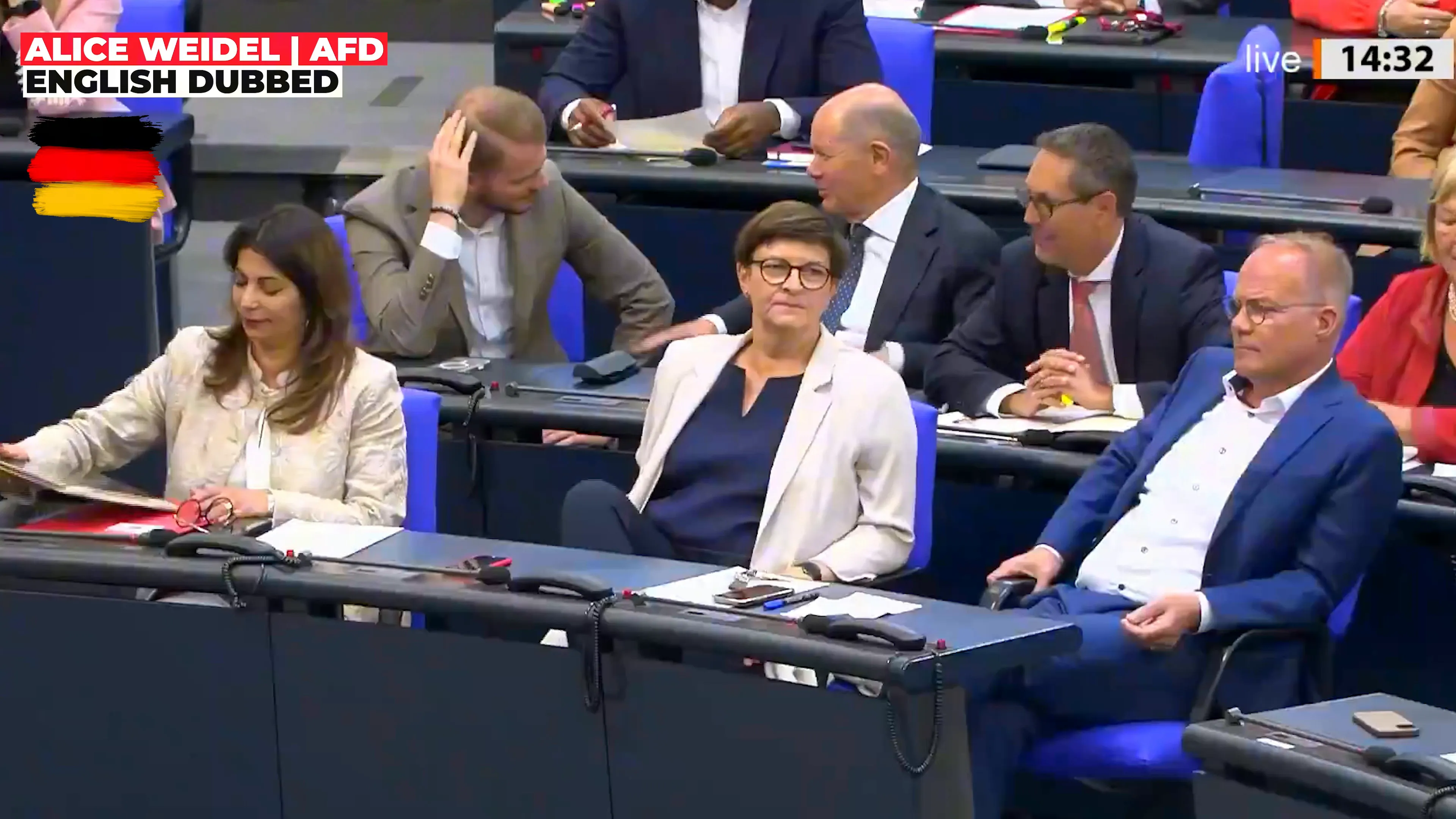
Manipulation of the Constitution and Fiscal Irresponsibility
Weidel then turns to the political arena, accusing some lawmakers of manipulating constitutional processes to serve their own interests. She says, “An extremist is someone who manipulates the constitution with ousted majorities in order to write themselves a blank check for debt at the expense of taxpayers and future generations.”
This statement criticizes the use of parliamentary majorities to push through debt-financed spending without adequate accountability. Weidel frames this as a reckless approach that jeopardizes fiscal responsibility and burdens future citizens with unsustainable debt.
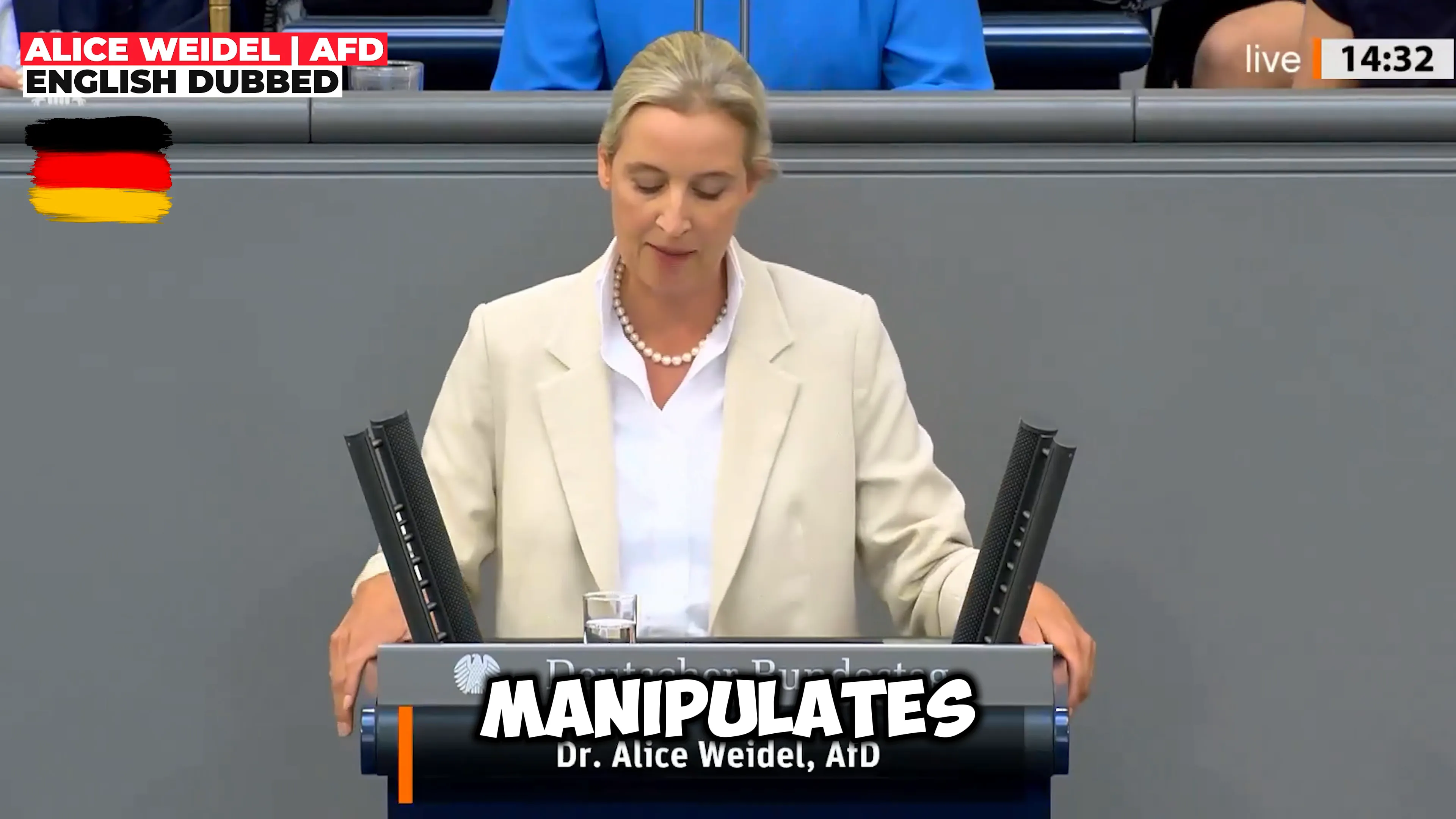
Violence Against Dissenters: The Sledgehammer Gang and State Endorsement
In a particularly striking section, Weidel condemns violent attacks on dissenters. She asserts, “An extremist is someone who attacks dissenters with a sledgehammer gang and with the blessing of Bavarian Minister President Soder and even receives cultural awards for it.” This powerful accusation points to a disturbing trend where political violence is not only tolerated but even rewarded by state authorities.
She continues, “Rewarded by the state for shattering joints and lives. You should be ashamed of that.” This highlights the moral outrage over the state’s complicity or encouragement of violent repression against those who hold opposing views, framing such acts as a betrayal of democratic values and human rights.
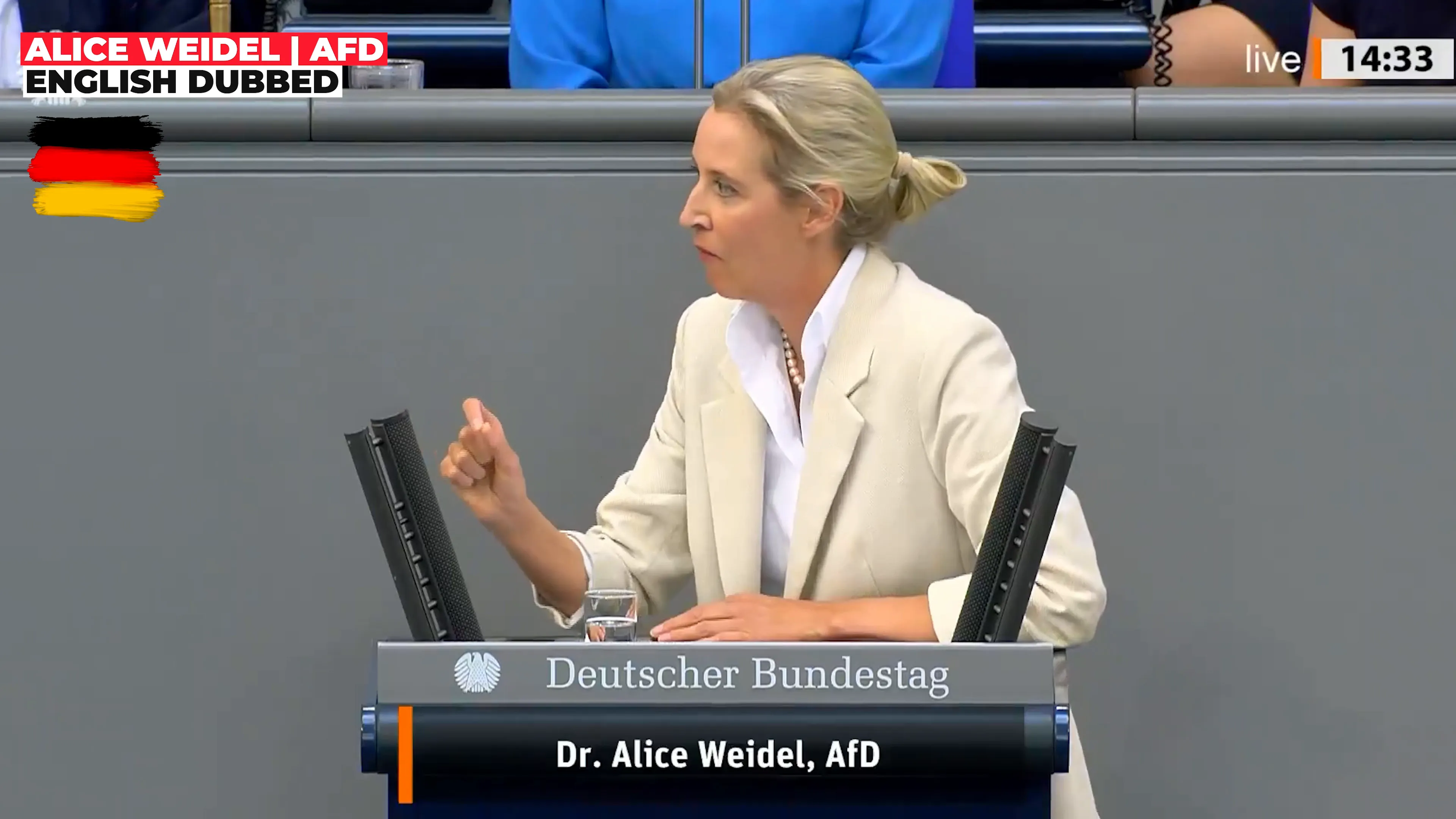
Left-Wing Extremism and Submissive Ingratiation
Weidel also addresses what she sees as left-wing extremism, describing extremists as those “who, like the left, want to overthrow the system and shoot the rich, or put them in labor camps.” This stark imagery evokes historical examples of radical leftist movements and their revolutionary goals.
However, she contrasts this with the paradox that these same extremists “are still courted by it with submissive ingratiation.” This suggests a critique of political elites who, despite the threat posed by radical leftist ideologies, engage in appeasement or accommodation rather than confronting them directly.
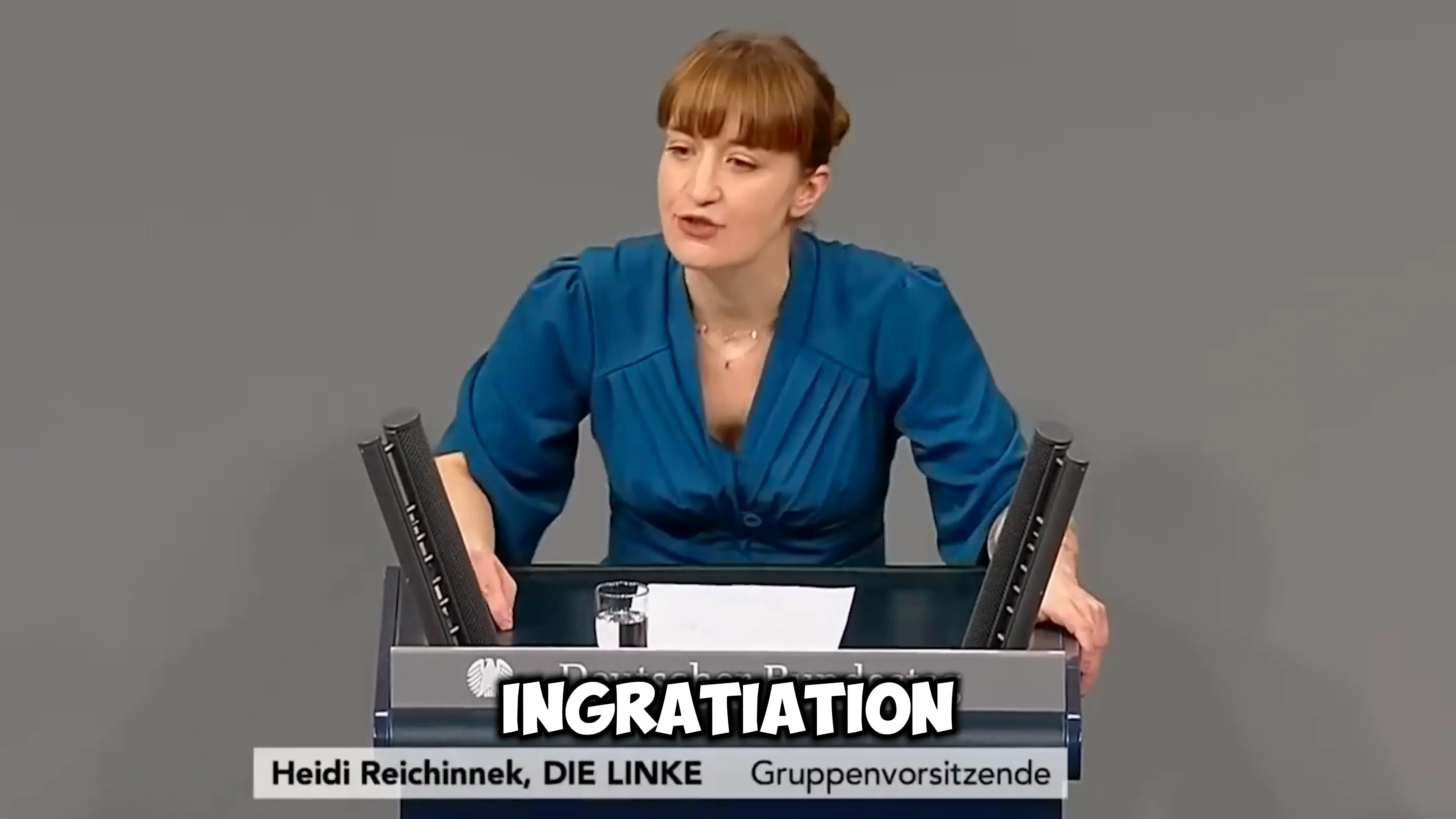
The Attack on Liberal Democratic Constitutional Order
Perhaps the most profound part of Weidel’s speech is her assertion that “An extremist is someone who wants to abolish our liberal democratic constitutional order.” She emphasizes values such as pluralism, basic democratic principles, civil liberties, and freedom of expression as fundamental pillars that are under threat.
She acknowledges that this statement “strikes a nerve,” especially to those who may be shouting in opposition, yet insists on the importance of recognizing the true nature of extremism. For Weidel, the defense of these core democratic values is paramount, and anyone seeking to dismantle them fits the definition of an extremist.
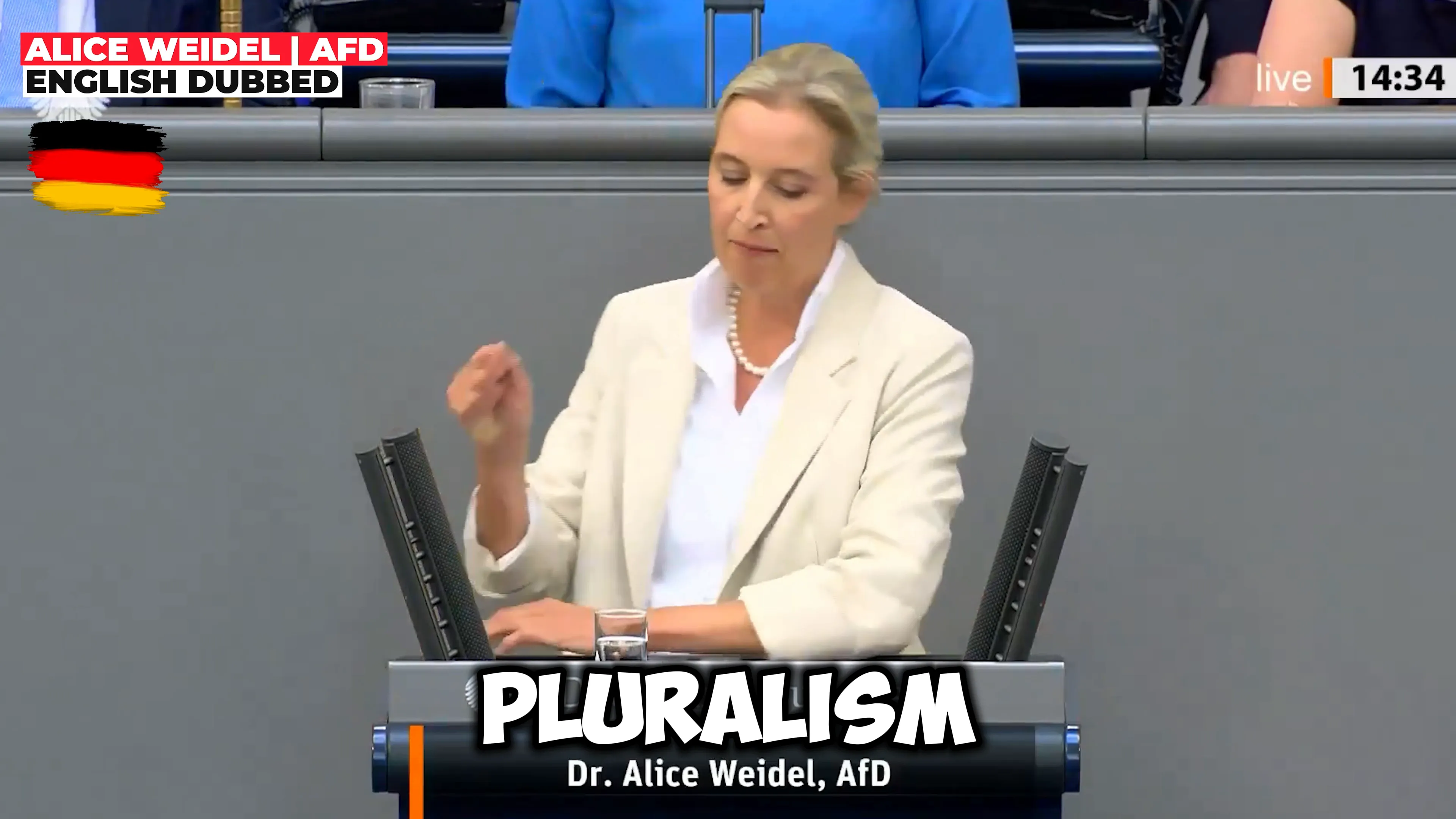
Conclusion: Reclaiming the Definition of Extremism
Alice Weidel’s speech is a bold and uncompromising call to rethink the labels we apply in political discourse. By redefining extremism to include those who promote open borders, restrict freedoms under the guise of health, impose eco-socialist policies, manipulate constitutional rules, condone violence, and seek to dismantle democracy itself, she challenges us to reconsider where the real dangers lie.
This perspective invites reflection on the balance between security, freedom, prosperity, and democracy. It urges citizens to remain vigilant about the policies and actors that threaten these pillars, regardless of the political labels traditionally assigned to them.
Ultimately, Weidel’s message is a defense of a liberal democratic constitutional order — a call to uphold pluralism, civil liberties, and freedom of expression as the antidote to extremism in all its forms.
